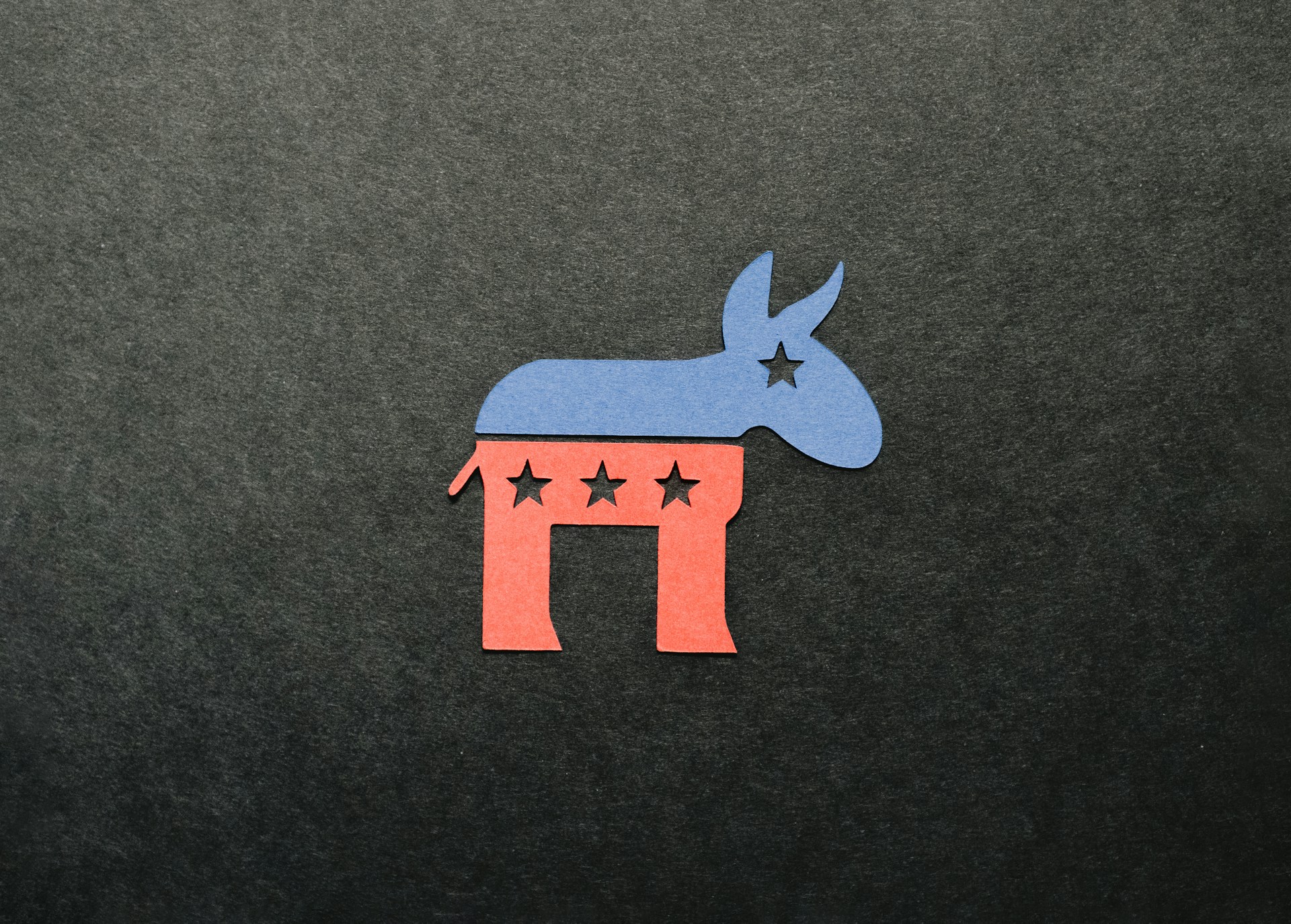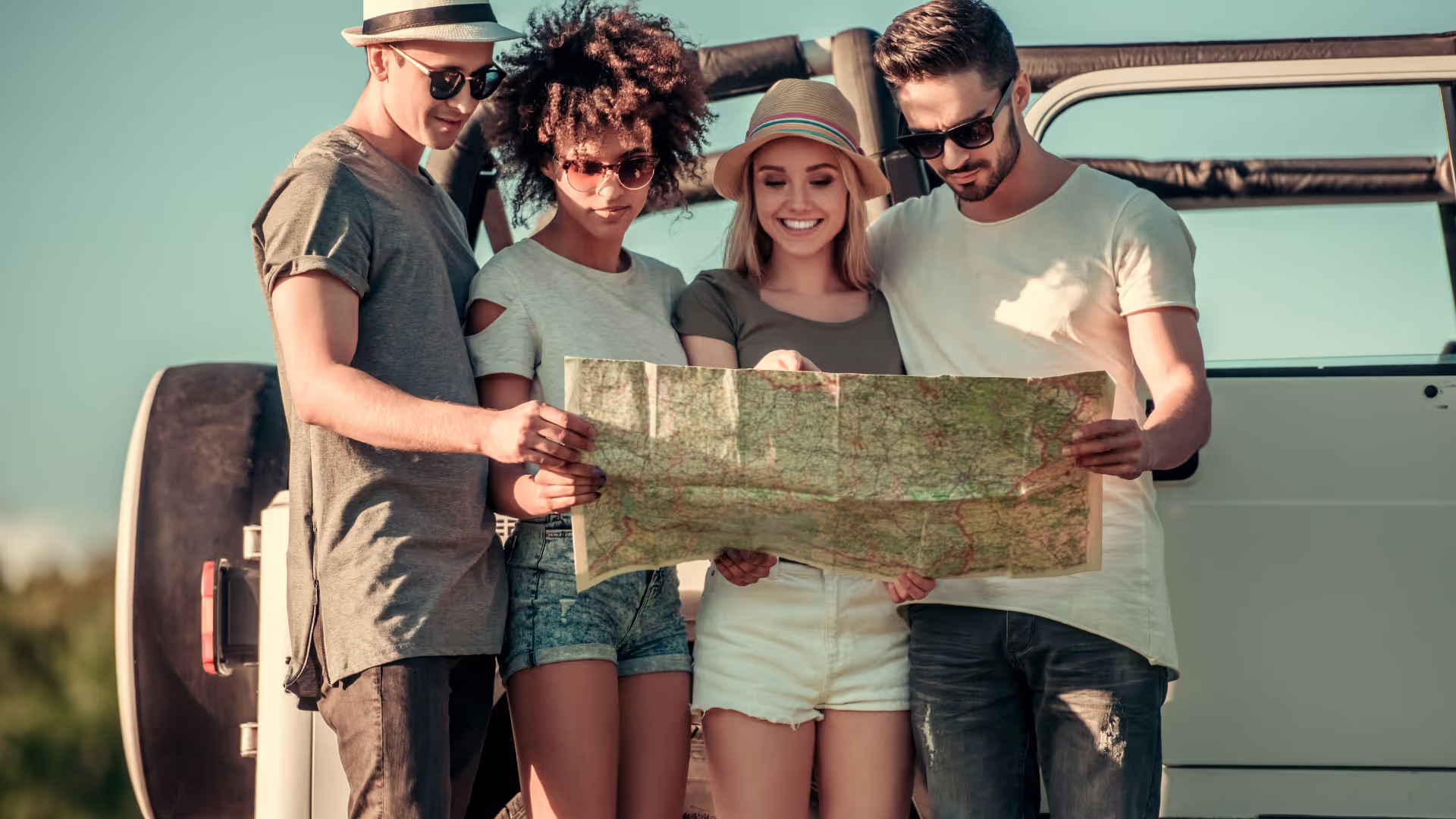The blending of business and leisure travel presents a major opportunity area
"Blesiure is a real thing," insists InterContinental Hotels Group CEO Keith Barr. While there is no entry for "bleisure" on Merriam-webster.com, this blending of leisure and business travel, also known as "The Great Merging," has a very tangible impact on many travel companies. According to American Airlines Chief Commercial Officer Vasu Raja, his company derives nearly half of its current revenue from such trips.
Airbnb CEO and co-founder Brian Chesky says the merging of business and leisure is permanent, citing a Gartner study in The Wall Street Journal as proof. According to the article, of 187 companies surveyed by Gartner, only 5% are returning to the office five days a week. So, what does this phenomenon mean for marketers? It means that travel companies will have to adapt their tactics and messaging to align with traveler needs. For example, Airbnb is taking a different approach to appeal to the “bleisure” audience: "Business travel is not going to be about that sales meeting. It's going to be about much more meaningful bonding and longer trips."
Spend smarter, not more, on marketing
The pandemic proved to be a significant catalyst in shifting how Airbnb spends money promoting its business. "Now... we think of marketing as education,” says Chesky. “I think performance marketing is a drug. I think you've got to be very careful about being on the drug of performance marketing."
Chesky says Airbnb totally quit performance during the height of COVID, when Airbnb paused all of its marketing efforts. According to Chesky, business returned to 95% of pre-pandemic levels without any paid promotion. He says now the company is spending just under 20% of total revenue on advertising, with a much smaller portion devoted to performance marketing. Chesky likens this results-based marketing to lasers, a strategy to be implemented sparingly and highly targeted to balance supply and demand." If you want to light up the room, you shouldn't turn on a bunch of… lasers, and that's what performance marketing is. You should turn on the chandelier. And so, brand marketing and PR is the chandelier, and performance marketing is a laser."
Today much of the company's brand marketing is focused on education and inspiration. And according to Chesky, inspiring travelers on where to stay was very much apart of his decision to launch the Airbnb categories product. Instead of offering stays by location, Chesky hopes categories like"OMG," "Tiny Homes," and "Amazing Views" will drive demand to supply. "(Categories) can highlight what makes us unique and get into the top of the purchasing funnel, which is basically giving people ideas of where to travel based on what's available."
Travelers seek companies and experiences that align with their values
"The destination is not the servant; it's your teacher," says Dr. Mordecai Ogada. Dr. Ogada is a Conservation Ecologist based in Kenya. He insists travel marketers have an opportunity to promote more standards and definitions around sustainability and inclusivity.
78%of travelers are more likely to book a trip if they see themselves represented in advertising, according to Jennifer Andre, of Expedia Group Media Solutions. She further highlights the need for representation, citing a study in this Expedia report, "7 in 10 consumers would choose a destination, lodging, or transportation option that is more inclusive of all types of travelers, even if it's more expensive."
Sustainability is another flashpoint. According to Expedia Chairman Barry Diller, "Resorts and things are… not particularly carbon neutral, they can offset it to some degree, but most of ESG is virtue signaling." While Diller insists that a large part of travel is inherently opposed to sustainability, other hospitality leaders offer a more optimistic point of view. InterContinental Hotel Group CEO Keith Barr says his company is making fundamental changes to its properties to promote sustainability. IHG hotels plan to convert all lighting to LEDs and banish single-use bath amenities by the end of this year. According to Barr, these changes will eliminate 850 tons of plastic in the United States alone.
Audrey Hendley, who heads up Global Travel and Lifestyle Services, at American Express says the truth is in the data. And According to Hendley, purchase data reveals a simple fact, “Customers now want to align philosophically their beliefs with the brands and the companies they work with.”





